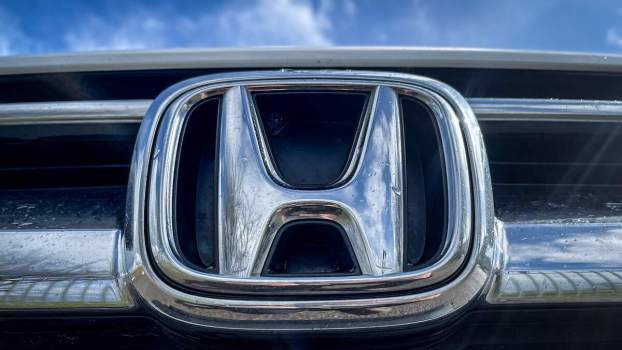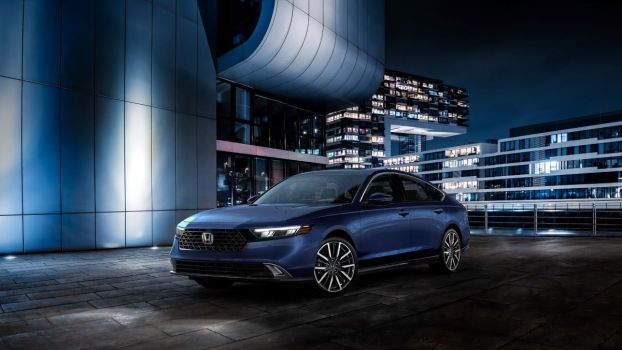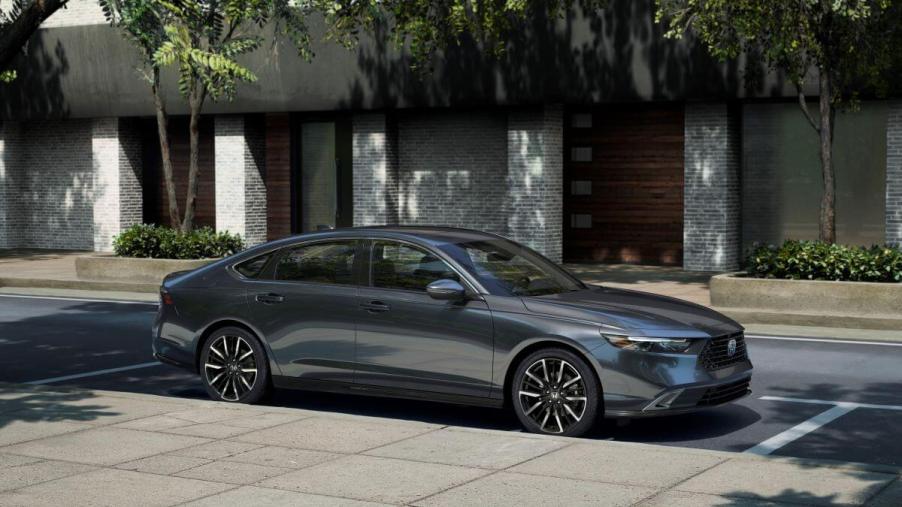
3 Most Common Honda Accord Check Engine Light Causes
The Honda Accord is one of the most popular and reliable sedans in the market. Over the years, millions of Accord owners have driven their cars for years without any major issues. In fact, one Honda Accord even eclipsed the million-mile mark. Despite the Accord’s relentless reliability, there are times when the pesky check engine light will come on. Here are three of the most common reasons it happens.
What causes a check engine light to come on in a Honda Accord?
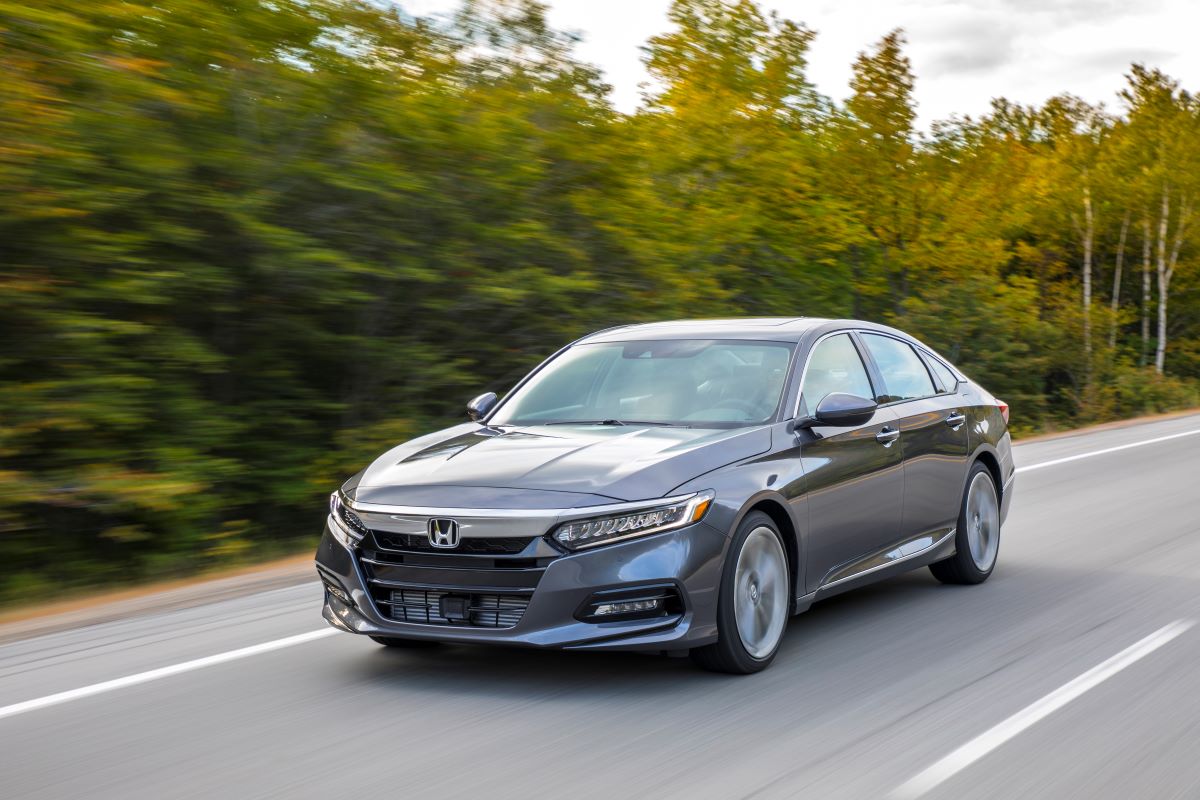
While we can expect almost any Honda Accord from the past few decades to be well-built, the car can degrade over time. Years of use can take its toll on an Accord’s sensors and other electrical connections, triggering the check engine light to illuminate. Here are the three most common causes, according to Repair Pal and Penske Honda:
- A faulty gas cap
- A malfunctioning oxygen sensor
- Faulty catalytic converter
Many other issues and occurrences can make an Accord’s check engine light come on, but these are the most common. Fortunately, they are relatively easy to fix.
A faulty gas cap
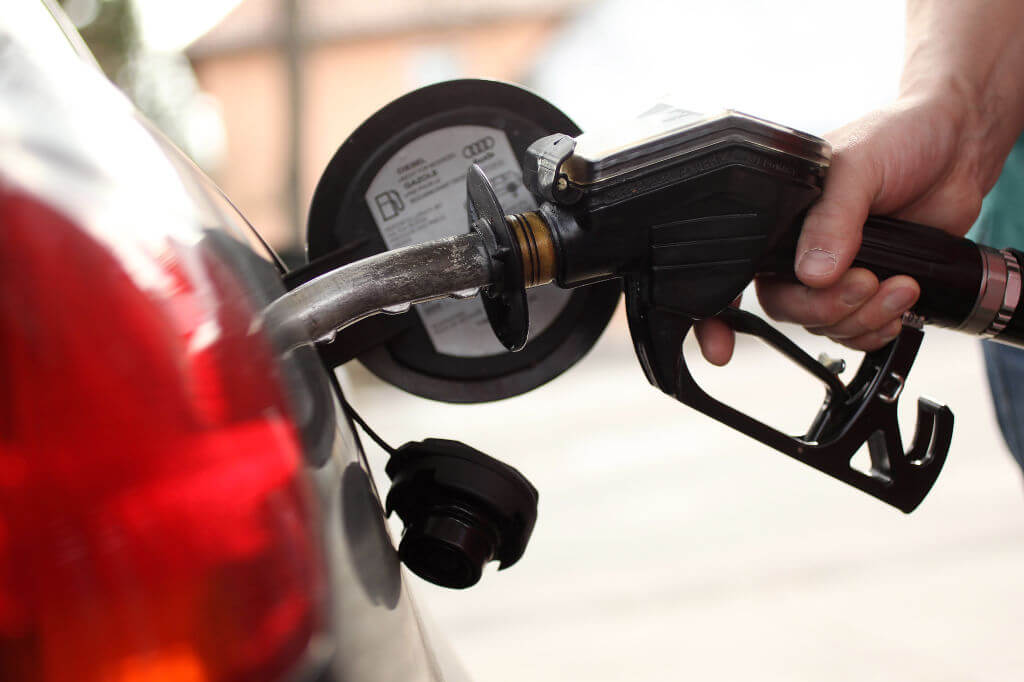
A faulty or loose gas cap is one of the most common issues that can trigger a check engine light to come in a Honda Accord. A broken gas cap can result in reduced fuel efficiency, a release of fuel vapors, and increased emissions. Luckily, fixing this issue is as easy as buying a new gas cap.
A malfunctioning oxygen sensor
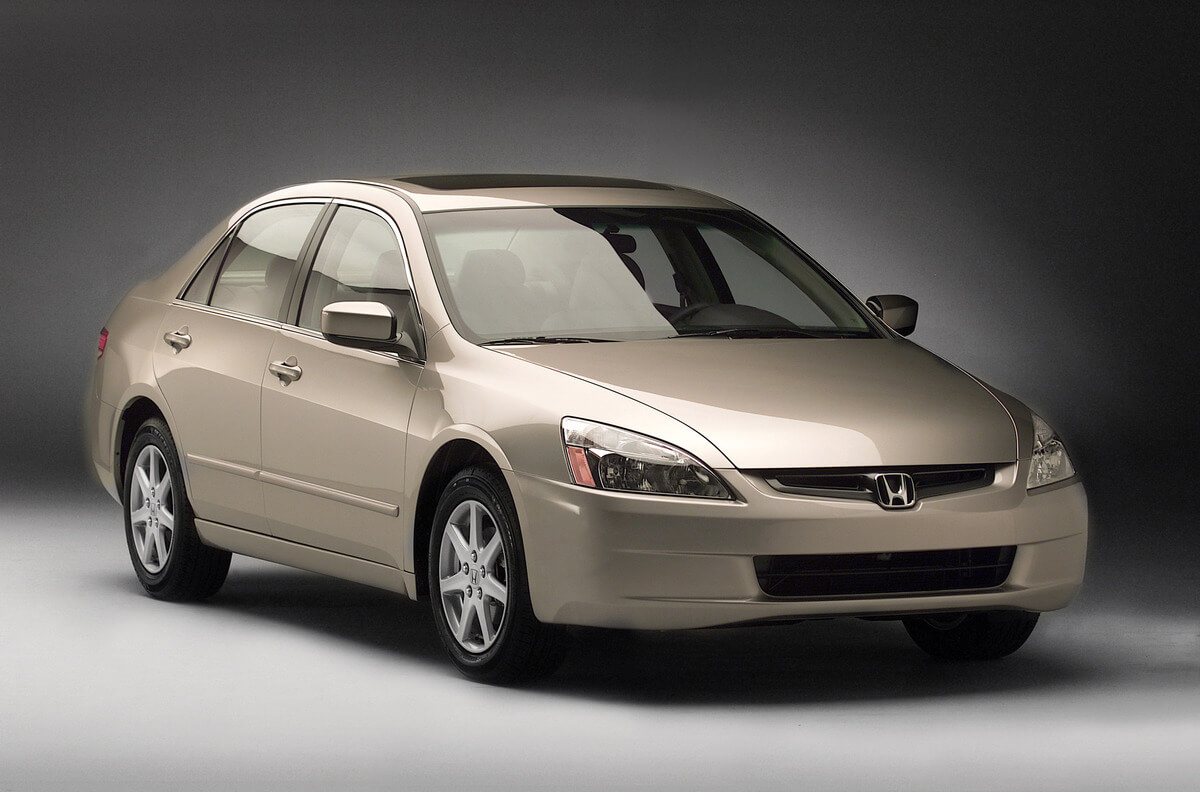
One of the most common and pesky check engine light causes involves a malfunctioning oxygen sensor. According to Your Mechanic, “This sensor is located in the exhaust system and allows the fuel injection and timing to work efficiently, which assists with emissions control. The oxygen sensor transmits the data to the vehicle’s PCM to maintain the optimal air-to-fuel ratio for your engine.” Like the gas cap, an oxygen sensor can be replaced with a new one to remedy the issue.
A faulty catalytic converter
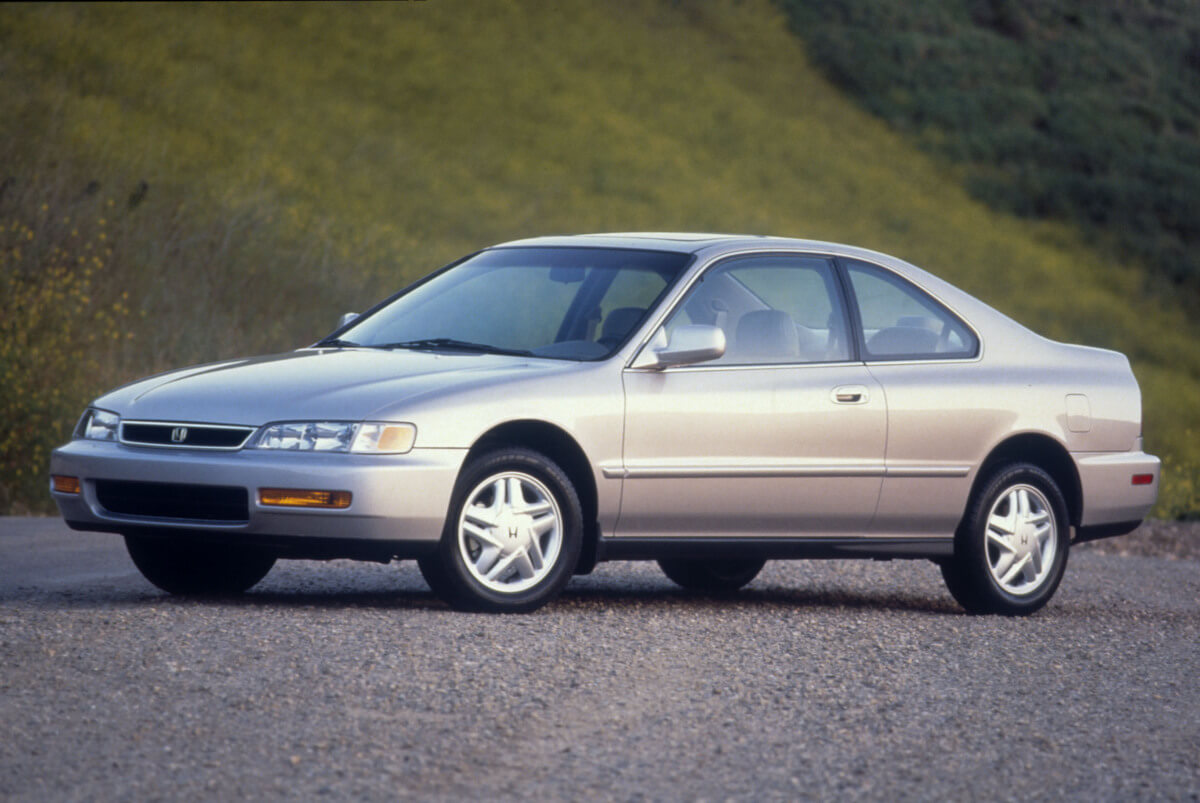
Catalytic converters can fail or get clogged over time, which can cause the check engine light to come on. Additionally, a faulty catalytic converter can smell like rotten eggs and cause performance loss, which means it needs to be changed out. The main issue with changing a catalytic converter on a Honda Accord isn’t necessarily the labor it takes to do the job but it’s the cost of the part itself. A new catalytic converter can cost anywhere between $800 and $1,000 for parts and labor, depending on the model year Accord and the shop’s labor rates.
Is a Honda Accord expensive to repair?
Repair Pal estimates that a Honda Accord could cost an average of $400 to repair on an annual basis, which is lower than most cars in the category. However, it should be noted that the newer Accord models could cost more to repair and maintain due to the newer technologies. Regardless, if you currently own or are researching a Honda Accord purchase, it’s important to keep these three key causes in mind in case the check engine light is illuminated.
